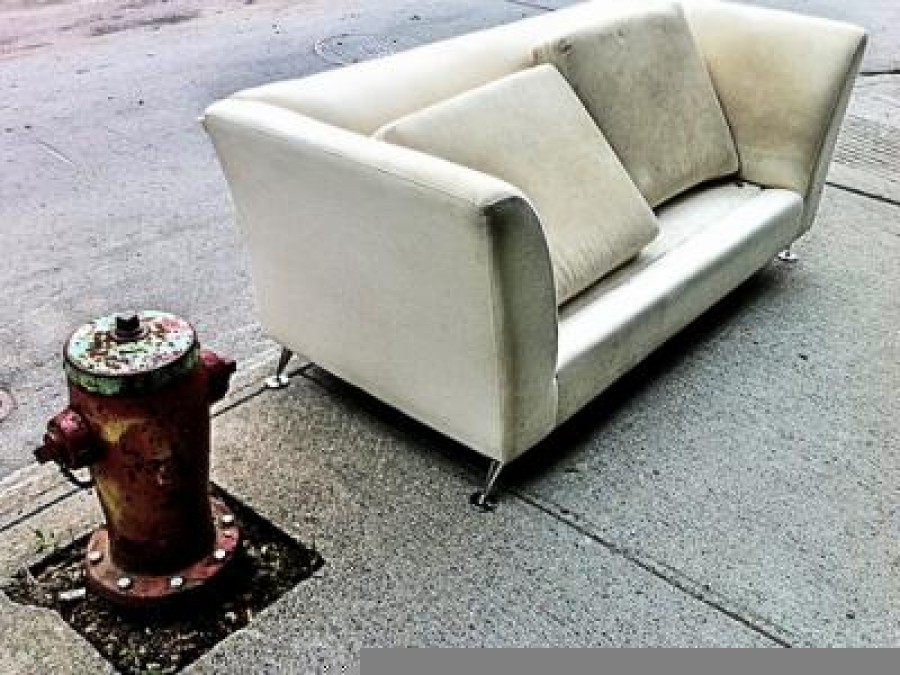The problem that won’t go away: Chicago’s casting couches
By Kelly Kleiman

The problem that won’t go away: Chicago’s casting couches
By Kelly KleimanAs a member of the Association for Women Journalists–Chicago, I’m looking forward to its panel tomorrow night “Women in the Workplace–Yes, Sexual Harassment Still Exists.” The subject is one of those things, like race discrimination, that we like to think we’ve gotten past. But ask anyone in what the lawyers call “the protected class,” and you’ll hear quite a different story. This summer I watched an African-American friend struggle through a job search marked by sudden withdrawals of employer interest when he showed up for his interviews with black skin. Likewise, this spring I heard about the most blatant form of sexual harassment being practiced at one of Chicago’s Off-Loop theaters.

Unsurprisingly, the victim was unwilling to risk her career by going public. It’s not just that the offender is in a position to control her ability to work at his theater; it’s that the very concept of a “casting couch” seems risible, making the complainant look–what is it they said about Anita Hill? “A little bit nutty and a little bit slutty”? Better to keep your mouth shut and somehow steer clear of that corner of the business.
But it’s probably not just a corner of the business. Though sexual harassment is rarely as blatant as “Sleep with me or I’ll fire/won’t hire you,” most workplaces–and theater is no exception–are shot through with male bosses who are too friendly, male co-workers who are implacably hostile, and all the other symptoms of unchecked power to demean and intimidate women. And who has more unchecked power than a director in the midst of auditions?
In other cities, where the acting corps isn’t so strong, it might be possible to detect the use of the casting couch. But with Chicago’s surplus of extremely capable actresses, no one in the audience will be any the wiser if the one who made it onstage had to make it backstage first.
And yes, I’m perfectly aware that I’ve written as though women directors don’t abuse their power over male actors in this fashion. That’s because I don’t think they do, any more than women politicians send photos of their genitals to male constituents. In my experience, sexual harassment generally means harassment of women. If your experience is different–or if it’s the same, and you’re a woman who’s been subjected to sexual extortion or a hostile work environment in the theater–I heartily encourage you to share it at the AWJ panel and/or in the comments below; no names need be used.
And if you’d just like to learn other women’s stories, and hear a panel of experts (a lawyer, a human resources professional and a psychologist) talk about how to handle the problem and make sure the bastard gets what he deserves, come join us at 6:30 tomorrow at the Chopin, 1543 West Division. Register here.